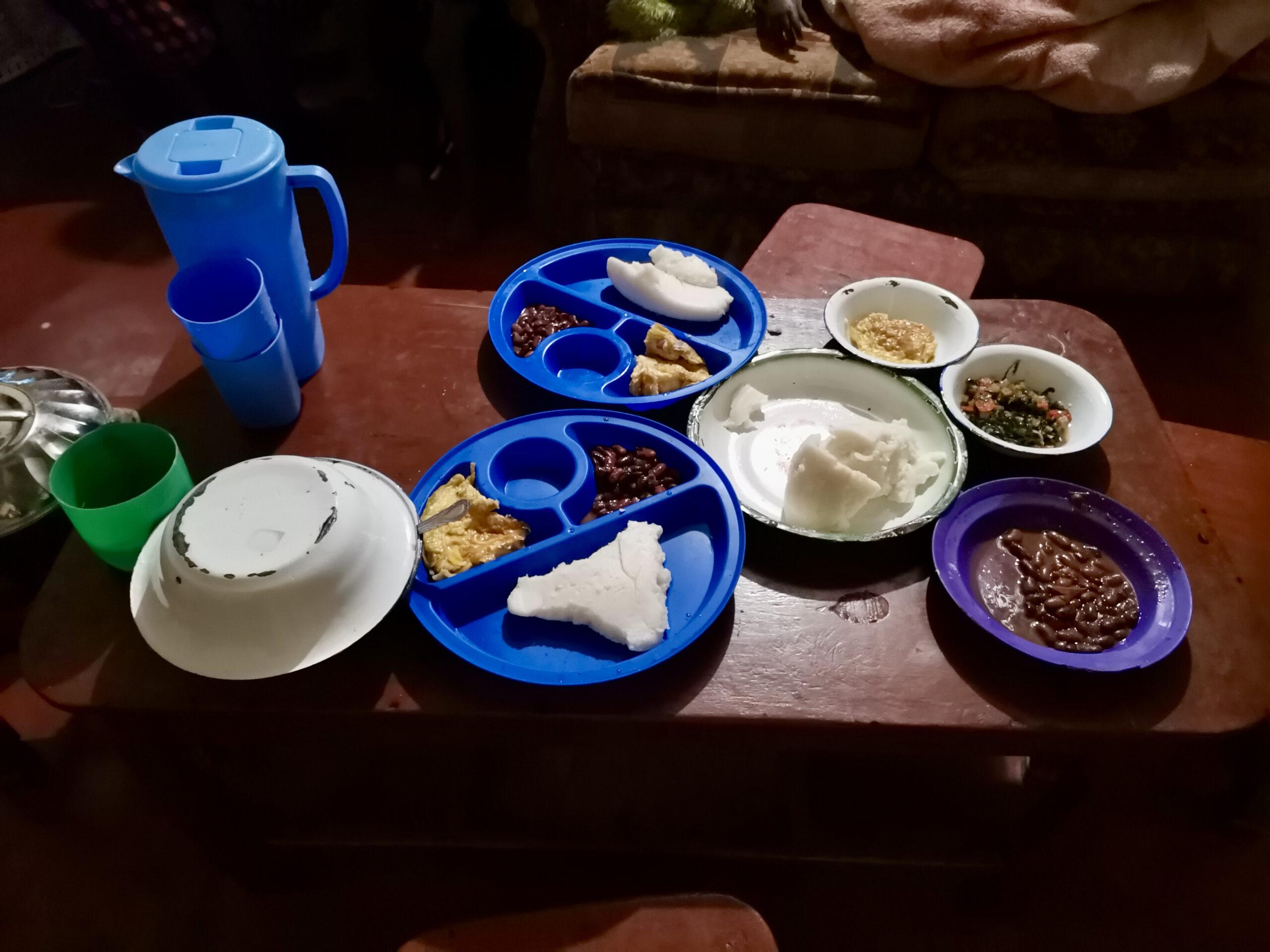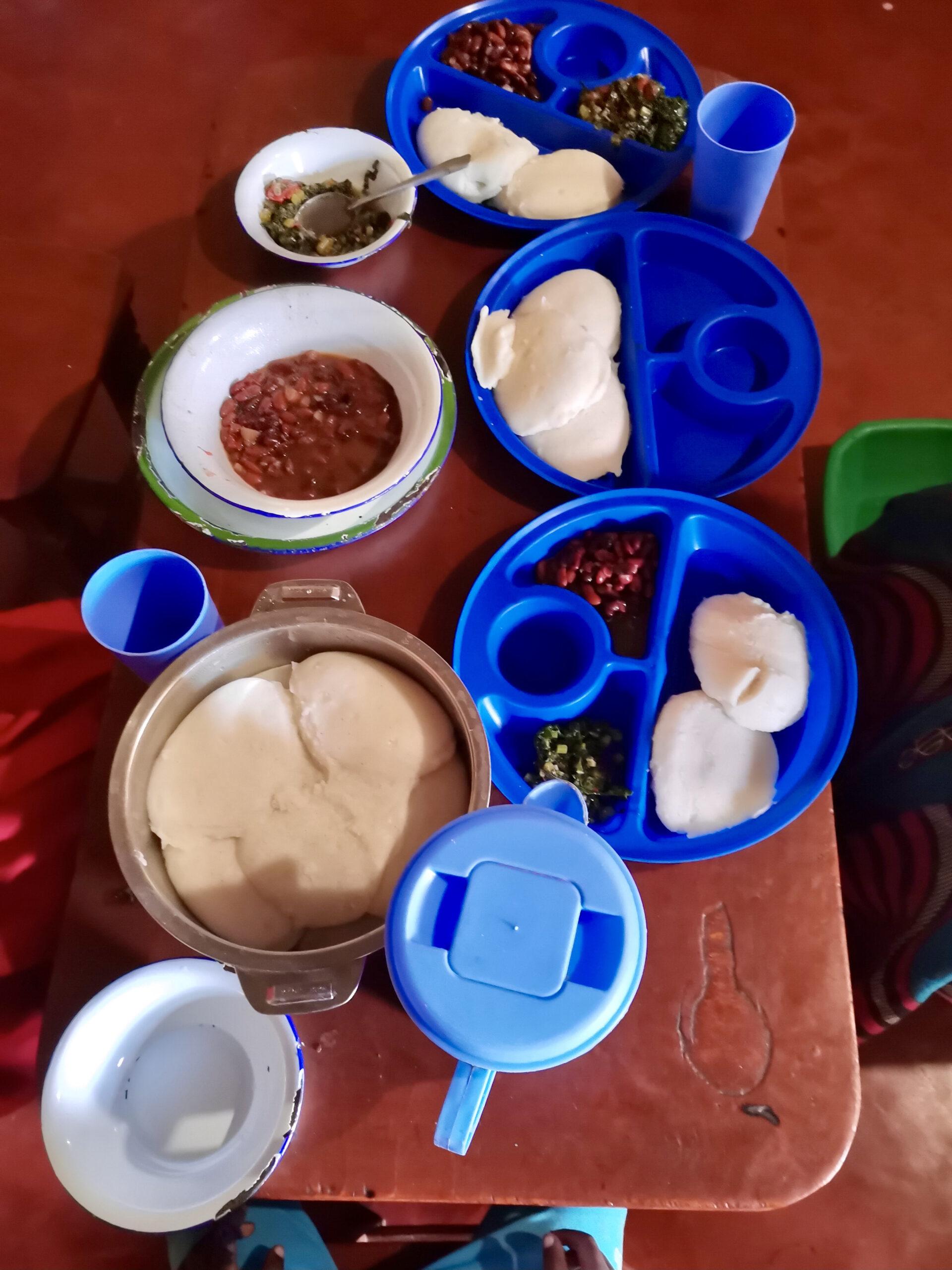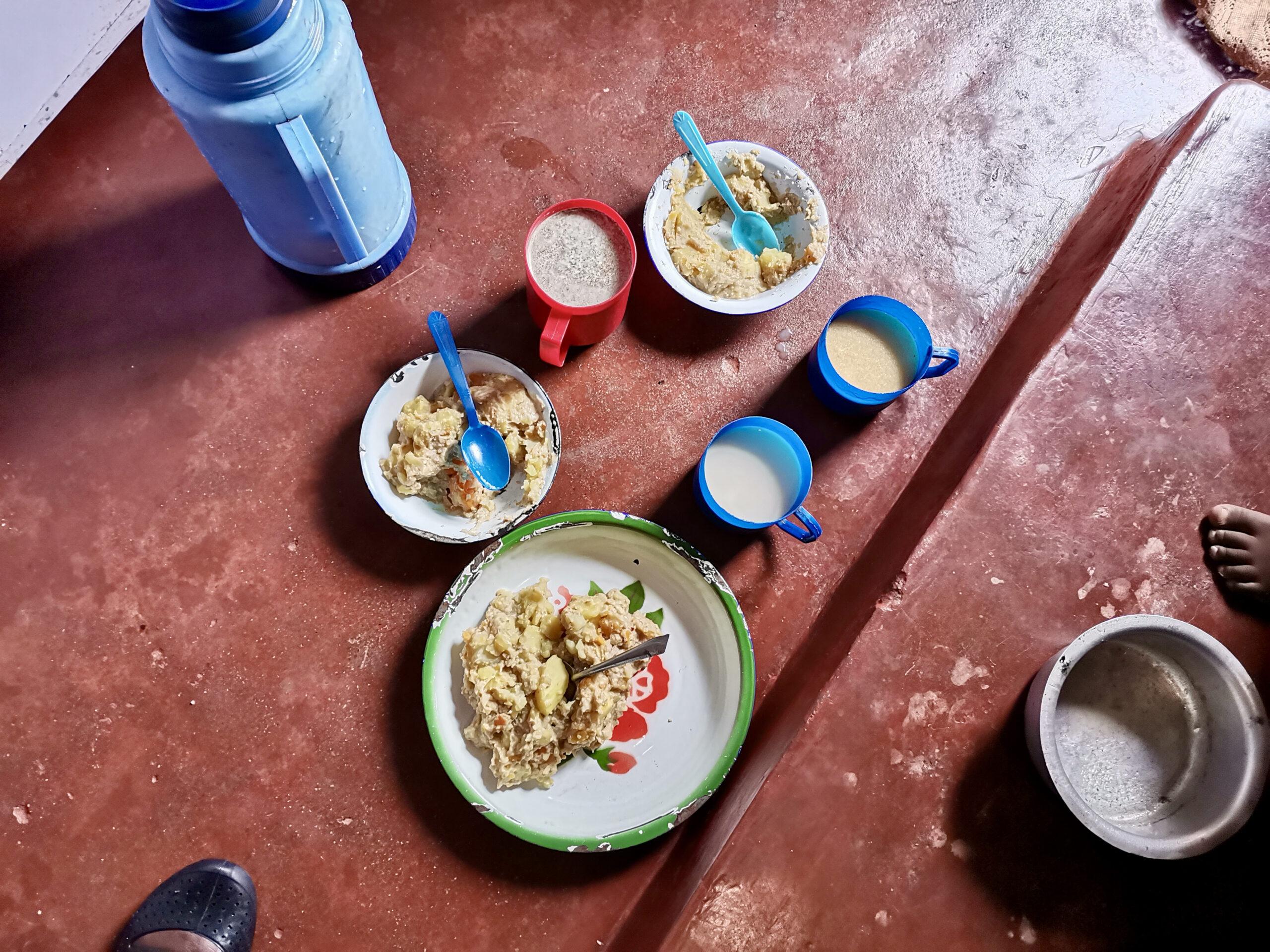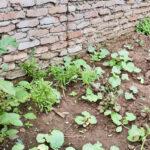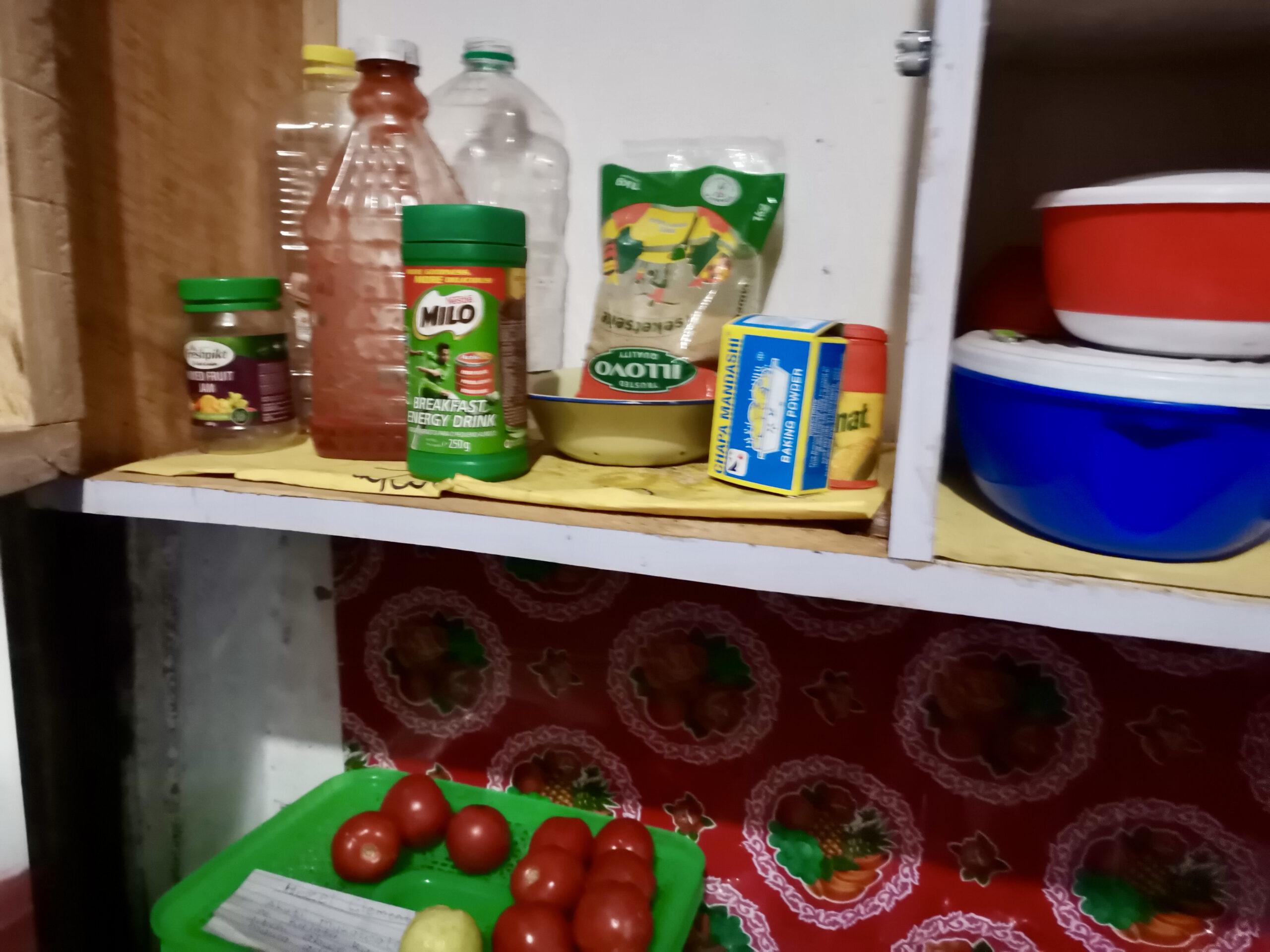May 1st is celebrated as International Workers’ Day in most countries around the world and it is a holiday day. This holiday is most commonly associated as a commemoration of the achievement of the Labour movement. Here in Malawi, we celebrate on this day as well. There are public speeches, special events, and trade union rallies fighting corruption and ensuring all employers comply with national labour laws like safety standards and minimum wages are major themes. Many people would gather from different parts of the country to commemorate together on this day. But things have changed due to the COVID-19 pandemic. As a result, new guidelines have been made that only a few workers will attend the celebration to minimise the risk of the transmission of the virus.
Since it’s a holiday I will always be busy at home preparing food for this day. I prepare nsima (maize meal porridge) for my family and rice with meat and vegetables to make sure my family enjoys this day. I only prepare these things on special occasions as you know that things are very expensive nowadays due to this pandemic of COVID-19.
The COVID-19 pandemic has affected all sectors globally. In my family, the crisis has drastically impacted food security, supply chains, food and nutrition security as well as future production functions have been negatively impacted by a host of factors related to COVID-19. I am worrying much since that lack of access to sufficient nutritious food leads to health problems. The inability to perform normal farming has led to crop losses and food shortages. The COVID-19 outbreak has led to business interruptions and as a result, money is scarce in my family.
My food is sometimes a diverse diet and others not. As you know that a diverse diet is a number of different food groups consumed over a given period. I am saying this just because it’s very hard for me to have all the food groups due to shortage of money though I advise my family to h
ave a diverse diet of food all the time. So times it’s very difficult to do that due to shortage of money.
As a way to supplement our meals I have planted a small vegetable garden at my home. I have planted pumpkin leaves, bonongwe (amaranth, a highly nutritious plant rich in Vitamin A and Iron) and kholowa (sweet potato leaves). When I don’t have money to buy vegetables I only use vegetables from my garden to supplement my proteins.
Protein is one of the complex group of molecules that do all k
inds of jobs in our body. It is one of the building blocks that make us into who we are. It is important for one to consume protein every day. Due to the COVID-19 pandemic meat and chicken is too expensive for me to buy. Because of this, we are now forced to eat less meat.
Food prices have changed completely. Despite consecutive years of good harvest, I have experienced a price escalation of staple food commodities which has continued for some time. For instance, since January 2021 I have noticed that the cost for my household is more than double what it was a year ago. Our costs are going to go up for food production. This is due to pandemic-related production. Roadblocks are also contributing to rising prices of food. I say this because some of our food comes from outside the country. Due to the COVID-19 pandemic traders ha
ve stopped importing items outside the country.
As I have mentioned, prices have increased during this pandemic and I am forced to shop less often due to a lack of money. I only manage to shop for staple foods like maize meal and buy fewer groceries for the month, sometimes running out of things before the next month Sometimes I do skip meals due to a shortage of money. My salary is not enough to provide food for the whole month and because of this sometimes I skip meals.
Despite the hardship, I am able to access fresh fruits and vegetables because they are not as expensive as meat and chicken. It is more cost-effective to cook at home than to buy takeaways, so I don’t do that anymore. I believe my diet is less healthy now than before COVID-19 started.

